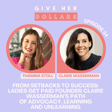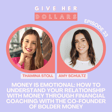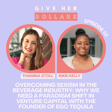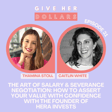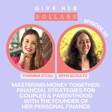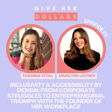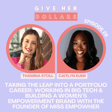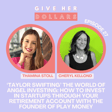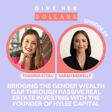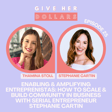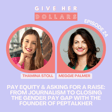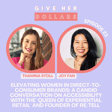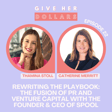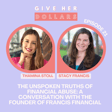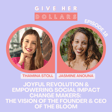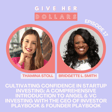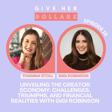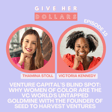
From Law School to LinkedIn Top Voice: Social Impact Leadership & Empowering Nigerian Women to Share their Stories with the Founder of Sisterly HQ
Update: I recently launched my newsletter, The Sheconomist, and would love for you to subscribe: sheconomist.com - I share so many tools and resources that help young, high-achieving women with radical money and career self-advocacy.
----
Titilope Adedokun is a lawyer, content creator, and passionate social impact leader & entrepreneur. She's the force behind Sisterly HQ, a platform dedicated to empowering Nigerian women through digital storytelling. A LinkedIn Top Voice and recipient of numerous awards, including the Common Purpose’s 25 Under 25 Global Legacy Award and being recognized as a 30 Under 30 social impact leader by Global Governance Initiative, Titilope is a vocal force in the social impact space.
In this conversation, Titilope stresses the importance of offering young women equal access to opportunities and resources, citing her own experiences with women who opened doors for her. We talk about Sisterly’s HQs mission of positively impacting the lives of 20% of all Nigerian women by 2030, and how Titilope found her voice, built a strong personal brand, and learned how to put herself out there.
Titilope’s story is a testament to embracing a multi-faceted identity and portfolio career, and reminds us to embrace our diverse passions, support worthy causes, and stay authentic in our journeys to make a meaningful difference in the world.
